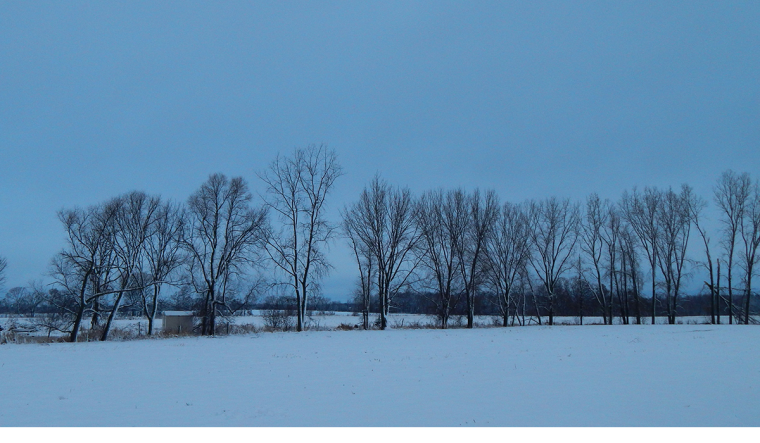In our Craft Capsule series, authors reveal the personal and particular ways they approach the art of writing. This is no. 221.

To divide the seemingly endless experience of growing up into narrative episodes, my mind often settles on lessons as a segmenting principle. Early childhood: being told not to run up the escalator, a fall, a gash, stitches. Knowing when to listen, when to run. The twenties: A ride from LaGuardia to New Haven shouldered between two grieving parents, the realization of unchangeable loss mapping itself onto the dark roadway. Years later: A child placed in my arms looks at me with comic tolerance as I fumble the snaps on my hospital gown to feed her. She latches, another lesson.
So much of family life consists of lessons.
“What did I know, what did I know of love’s austere and lonely offices?” asks Robert Hayden in the poem “Those Winter Sundays,” reflecting on his relationship with his father from an adult vantage. The repetition of “what did I know” gives a sense of understanding rendered only with distance, the cadence of falling into step with one’s earlier self as a changed companion, the poetic footfalls of a lesson learned over time.
Likewise, Jenny Xie offers revelations born of retrospection in her poem “Old Wives’ Tales on Which I Was Fed.” The old wives’ tales come as lessons reduced to capsule size (and widely prescribed). “Sleeping on your back will flatten your head’s shape / but sleep on your stomach and you’ll induce nightmares….” Yet, at the end of the poem, we encounter the litany of adult monition seen from a place of grown and altered vision: “You’ll wreck your eyesight poring over pages in low light / but looking at all things green from a distance can coax it back.” Coaxing renewed vision from distance seems to be part of how lessons gather themselves into meaning—and, to be clear, not necessarily as the lesson intended by the original instructors, caretakers, advice-givers, or cautionary oracles of youth.
In the course I teach, Writing About Family, I ask my students to write about a lesson as the seed for a larger piece, either poetry or prose. This exercise has personally helped me give form to memory, and I return to it often. The lesson is truly limitless in its possibilities: We have all received countless lessons in our lives, from scenes of deliberate instruction to unspoken realizations both mundane and seismic in scale. Indeed, my students create some of their most vivid and varied pieces when reflecting on a lesson learned. I’ve read hair-raising accounts of knitting and driving lessons alike; revelations that parents can change as glimpsed in a mother’s new masculine haircut or a father’s return to guitar after a cancer diagnosis; the lesson that one must defy intergenerational expectations, grasped while learning the family trade of silversmithing or being taught how to cut fruit into elaborate shapes for guests.
Inevitably the lesson offers a starting point for how to capture bigger questions. Where does fear come from? Are there lessons you wish to unlearn? Is there ever a voice in your head that feels like a family member’s more than your own? What do you do with that voice? Reflecting on a lesson—whether it be how to peel an orange, change a tire, sing in harmony, or tell a white lie—can offer a fruitful starting point when beginning to write about family.
Rebecca Rainof is a writer and scholar on the faculty in English at the University of California in Berkeley.
image credit: Josie Weiss






